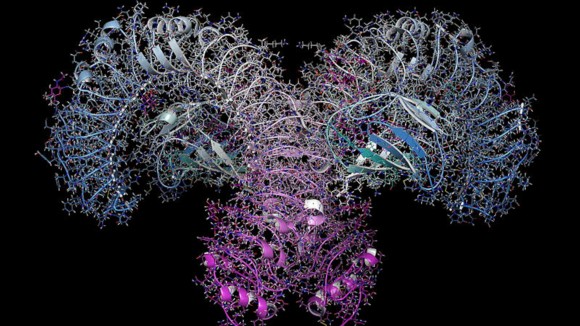 Magnus Andersson, PhD, Umeå University, Sweden
Magnus Andersson, PhD, Umeå University, Sweden
Magnus Andersson is an Associate Professor at the Department of Chemistry, Umeå University. His research focuses on tracking membrane protein dynamics in real time - primarily by synchrotron-based time-resolved X-ray solution scattering (TR-XSS). Of particular interest are the structural dynamics involved in regulatory processes of P-type ATPase transporters. Prof Andersson has been an Editorial Board Member for Scientific Reports since 2017.
 Lan Guan, MD, PhD, Texas Tech University Health Sciences Center, USA
Lan Guan, MD, PhD, Texas Tech University Health Sciences Center, USA
Lan Guan is a Professor at the Department of Cell Physiology and Molecular Biophysics and Co-Director of the Center for Membrane Protein Research at Texas Tech University Health Sciences Center, USA. Her laboratory focuses on 3-D structure, biochemistry, and integrated analysis, including CryoEM, X-ray crystallography, conformational nanobody, ligand binding, etc., to characterize the symport mechanisms of cation-coupled nutrient transporters. Prof Guan has been an Editorial Board Member for Scientific Reports since 2015.

